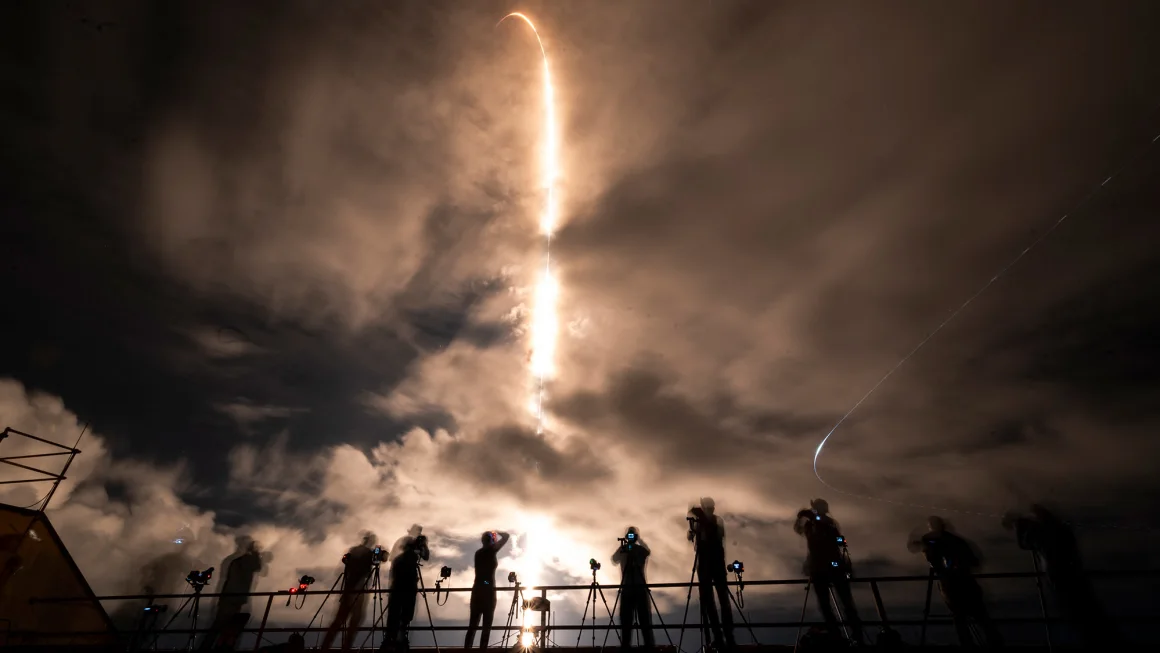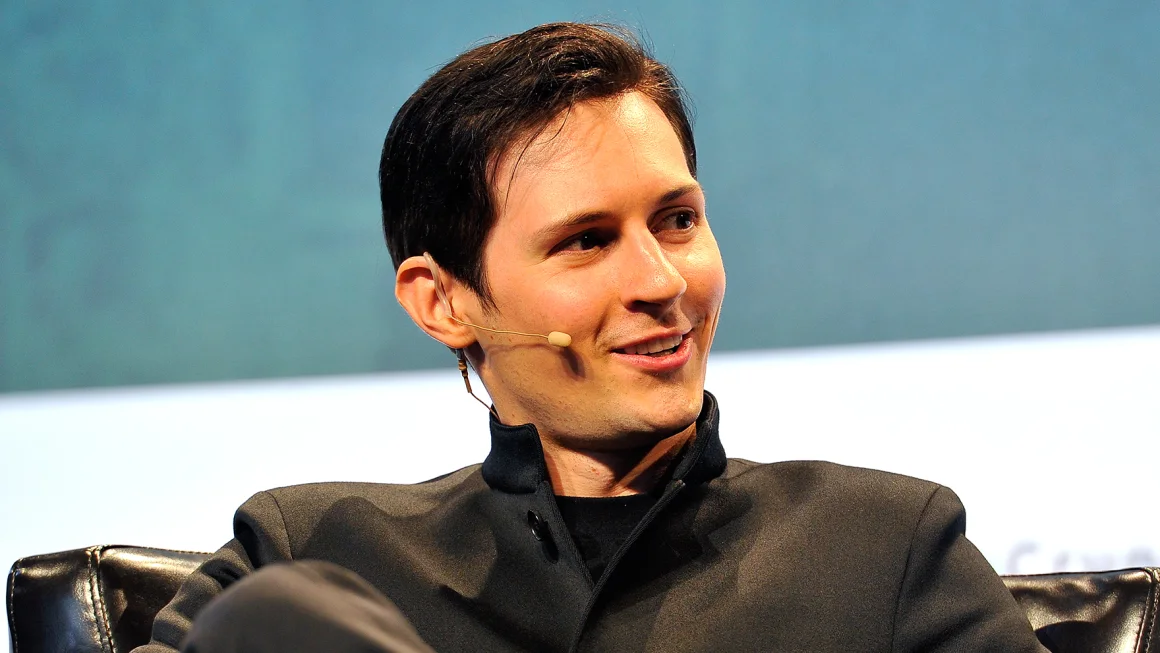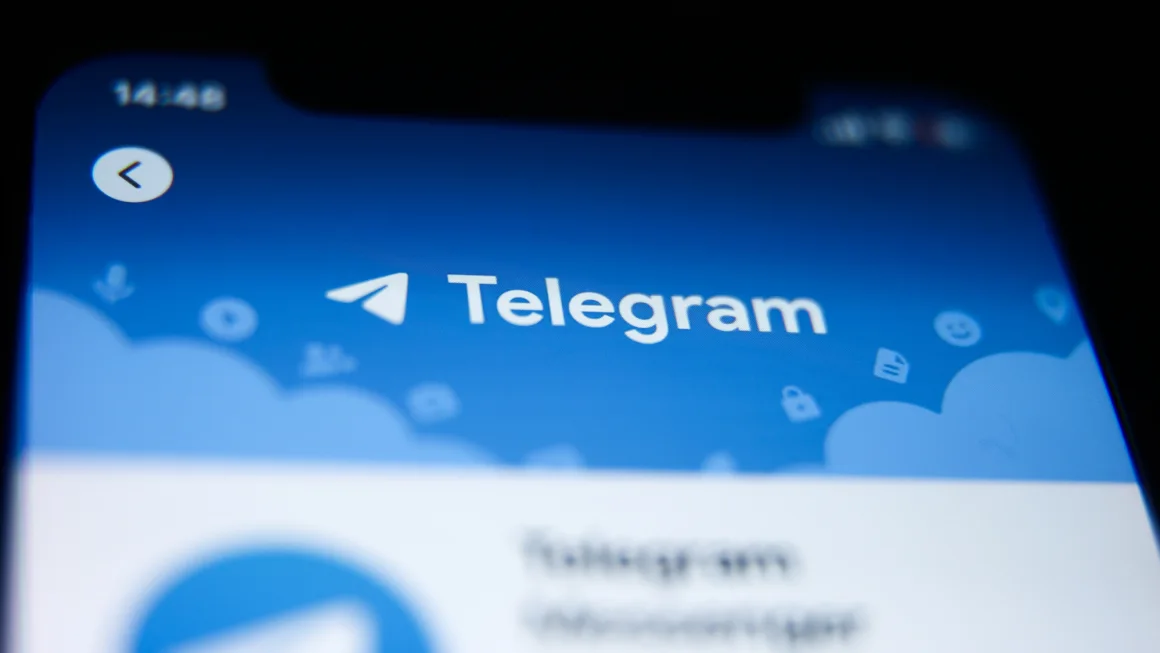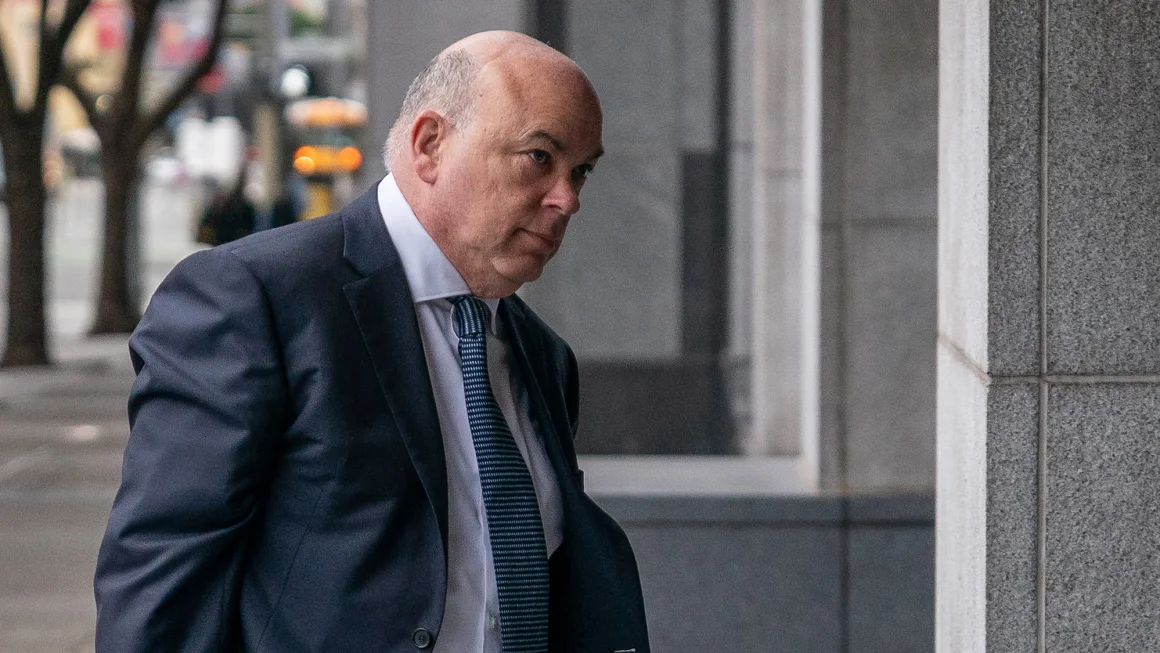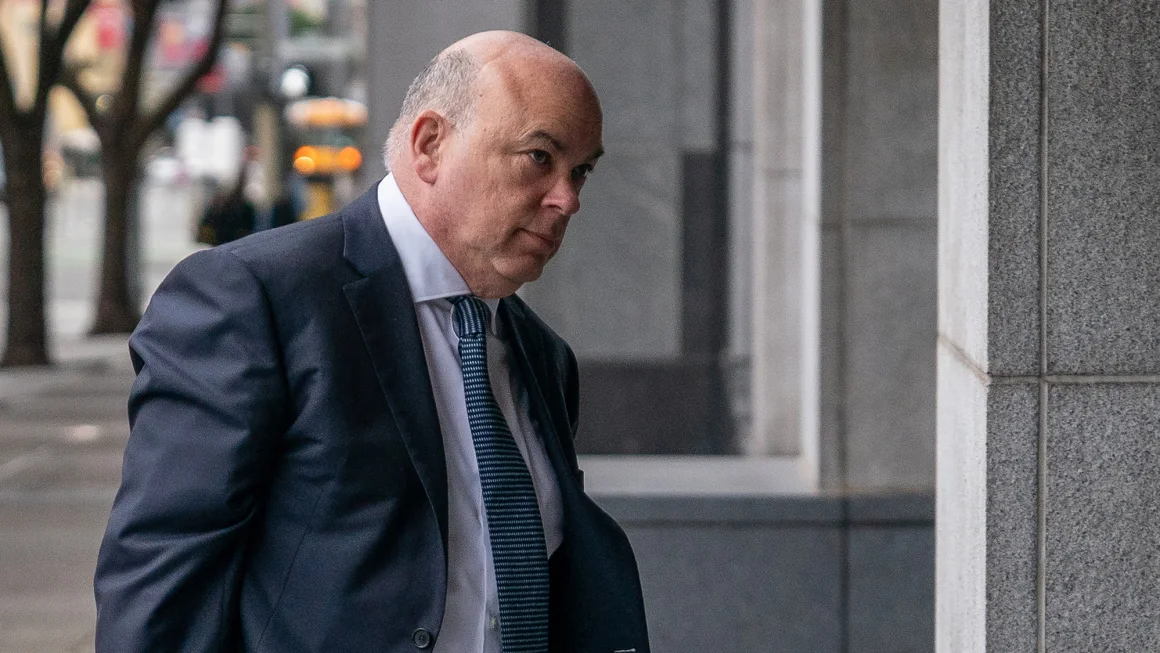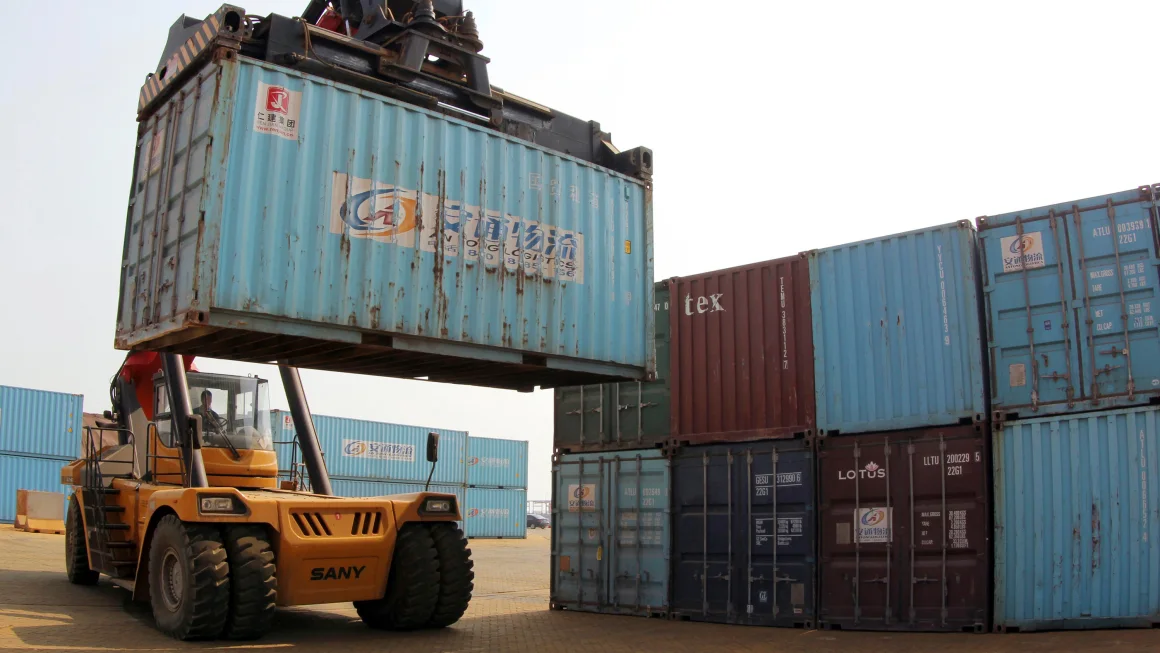Telegram CEO Pavel Durov Arrested in France: What You Need to Know
The arrest of Pavel Durov, the Russian-born CEO of the popular messaging app Telegram, over the weekend has brought significant attention to both the app and its founder. Durov was detained at Paris’s Bourget Airport on a warrant related to Telegram’s alleged lack of content moderation.
French prosecutor Laure Beccuau revealed that the charges against Durov include accusations that Telegram has been used to facilitate fraud, money laundering, drug trafficking, and the distribution of child sexual exploitation material. Durov is also accused of failing to provide requested information or documents for the investigation.
Telegram has recently faced criticism for its use by extremist groups and terrorists. The arrest has ignited a debate over internet freedom and responsibility for online content. Russian lawmaker Maria Butina, who was convicted of spying in the US, has labeled Durov as a “political prisoner,” while French President Emmanuel Macron has asserted that the arrest is a judicial matter and not politically motivated.
Macron emphasized that the arrest is part of a broader investigation into criminal activities associated with Telegram, which has led to 12 separate charges since July 8. Telegram maintains that it complies with EU laws and that Durov has “nothing to hide.”
Here’s what you need to know about Telegram and the issues surrounding its CEO’s arrest.
What You Need to Know About Telegram
Telegram, launched in 2013 by Pavel Durov and his brother Nikolai, is an encrypted messaging service with over 950 million users, according to a recent update from Durov. The app has become one of the world’s most popular messaging platforms, serving a wide range of functions from everyday communication and sharing photos and documents to distributing official government messages in various countries.
Telegram’s encryption means that neither law enforcement nor Telegram itself can easily monitor user activity on the platform. This level of privacy has made it a valuable communication tool in countries with restricted freedom of speech, including Russia, Iran, and India. It is also widely used in Ukraine for sharing war-related news and air raid warnings.
However, these same privacy features have attracted illicit activities, including drug trafficking, money laundering, and extremist content from groups like White supremacists and ISIS. Telegram supports large chat groups, accommodating up to 200,000 users, which facilitates the rapid spread of misinformation. This contrasts with other encrypted services like WhatsApp, which have stricter group size limits.
In March, Durov announced that Telegram was approaching profitability following the introduction of advertising and subscription options, and hinted at the possibility of an initial public offering.
A Platform That Has Sparked Controversy
Aside from its association with criminals and extremists, Telegram has drawn criticism for its involvement in significant conflicts and political events, as well as its steadfast commitment to encryption.
In 2018, Moscow sought to ban Telegram after the platform refused to provide decryption keys to Russian security services, which would have enabled state authorities to access private messages. Despite the ban, Durov remained resolute in defying it, and the ban was eventually lifted in 2020.
In 2021, Telegram gained popularity among Trump supporters and followers of the QAnon conspiracy theory as mainstream social media platforms, like Facebook, tightened their policies on false claims about the 2020 US presidential election. This shift raised concerns among law enforcement about potential real-world violence stemming from disinformation.
Last fall, Telegram took steps to restrict access to several channels linked to or operated by Hamas during the group’s conflict with Israel. Earlier this month, the platform began actively removing content inciting violence after reports that it was being used to organize far-right, anti-immigrant riots in the UK.
Telegram spokesperson Remi Vaughn stated that the company’s moderators are actively monitoring the platform, utilizing both AI tools and user reports to enforce its rules against violent content. Telegram has maintained that it is unreasonable to hold the platform or its owner accountable for abuses of the service, emphasizing that calls to violence are explicitly banned by its terms of service.
Who Is Pavel Durov?
Pavel Durov, Telegram’s billionaire founder and CEO, was born in the Soviet Union in 1984. He has noted that he demonstrated a strong aptitude for math and coding from a young age.
In 2006, at just 21 years old and freshly graduated, Pavel Durov founded Vkontakte (VK), a social media platform that soon earned him the nickname “Mark Zuckerberg of Russia.” However, in 2013, when VK was used by protesters in Kyiv to organize demonstrations against Ukraine’s pro-Russian president Viktor Yanukovych, Durov faced a request from the Kremlin to hand over private data of Ukrainian users.
Durov refused, leading to his resignation as VK’s CEO, the sale of his shares, and his departure from Russia in 2014. “I don’t want to take orders from anyone,” Durov has said about his decision to leave.
He launched Telegram in 2013 and now resides in Dubai, where Telegram is headquartered. Durov also holds French citizenship.
In addition to managing Telegram, Durov has gained a following as an online influencer, frequently sharing travel photos and shirtless images on Instagram. He has also claimed to have fathered over 100 children through sperm donations made over the past 15 years.
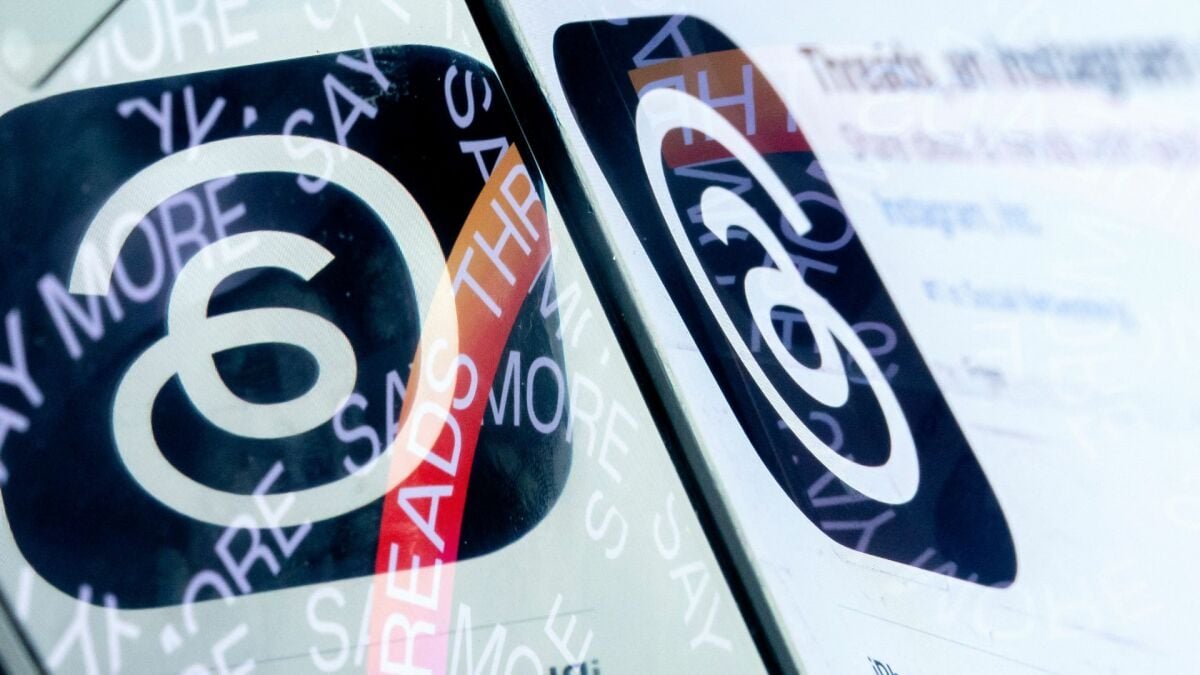

 Health3 years ago
Health3 years ago
 Health2 years ago
Health2 years ago
 Health3 years ago
Health3 years ago
 Fashion3 years ago
Fashion3 years ago
 Fashion3 years ago
Fashion3 years ago
 Health3 years ago
Health3 years ago
 Health3 years ago
Health3 years ago
 Health3 years ago
Health3 years ago
 Health3 years ago
Health3 years ago
 Health3 years ago
Health3 years ago





